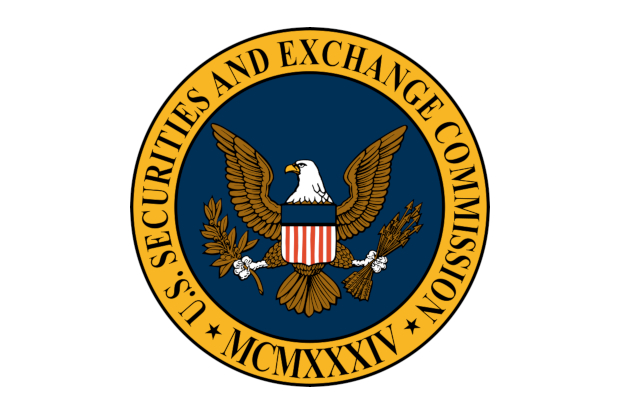The crypto rebound is alive and kicking, according to Forbes.
Over the past week, Forbes reports, the price of Bitcoin soared 4.2%, currently trading at $23,800, and the Ethereum price jumped 7.9% to just over $1,700. Most altcoins are following the major’s suit. XRPXRP +0.2% is up 2.1%, Cardano 5.1%, BNBBNB +3.6% 8.9%, Solana 1.5%, and Terra’s “Luna 2.0” 1.55%, while Shiba Inu and Dogecoin are down a few basis points.
In the meantime, the US Securities and Exchange Commission (SEC) has shaken up the crypto community with yet another bombshell. On July 21, the SEC filed insider trading charges against an ex-product manager at Coinbase and his two relatives.
“Nikhil Wahi and Ramani allegedly purchased at least 25 crypto assets, at least nine of which were securities, and then typically sold them shortly after the announcements for a profit. The long-running insider trading scheme generated illicit profits totalling more than $1.1 million,” the SEC’s press release stated.
An SEC probe into the US’s largest crypto exchange is profound on its own. (Coinbase stock crashed 20% on the news.) But the sheer semantics of the investigation carries a much bigger takeaway: for the first time, the SEC has officially declared a cryptocurrency as a security.
Forbes says for those that have been keeping up, this shouldn’t come as much of a shock. As reported, last month the US Senate introduced the most comprehensive crypto legislation to date, aiming to overhaul how crypto is regulated. Among other things, says Forbes, the bill wants to classify digital assets into two buckets—commodities and securities—and put them under the regulatory purview of the SEC or the Commodity Futures Trading Commission (CFTC).
“The Responsible Financial Innovation Act seeks to classify digital assets into securities and commodities and regulate them accordingly. This will “give digital asset companies the ability to determine what their regulatory obligations will be and give regulators the clarity they need to enforce existing securities and commodities trading laws.” For example, Bbitcoin and Ether, which fall into the “commodity” bucket, would be regulated by the Commodity Futures Trading Commission (CFTC).”





Recent Comments